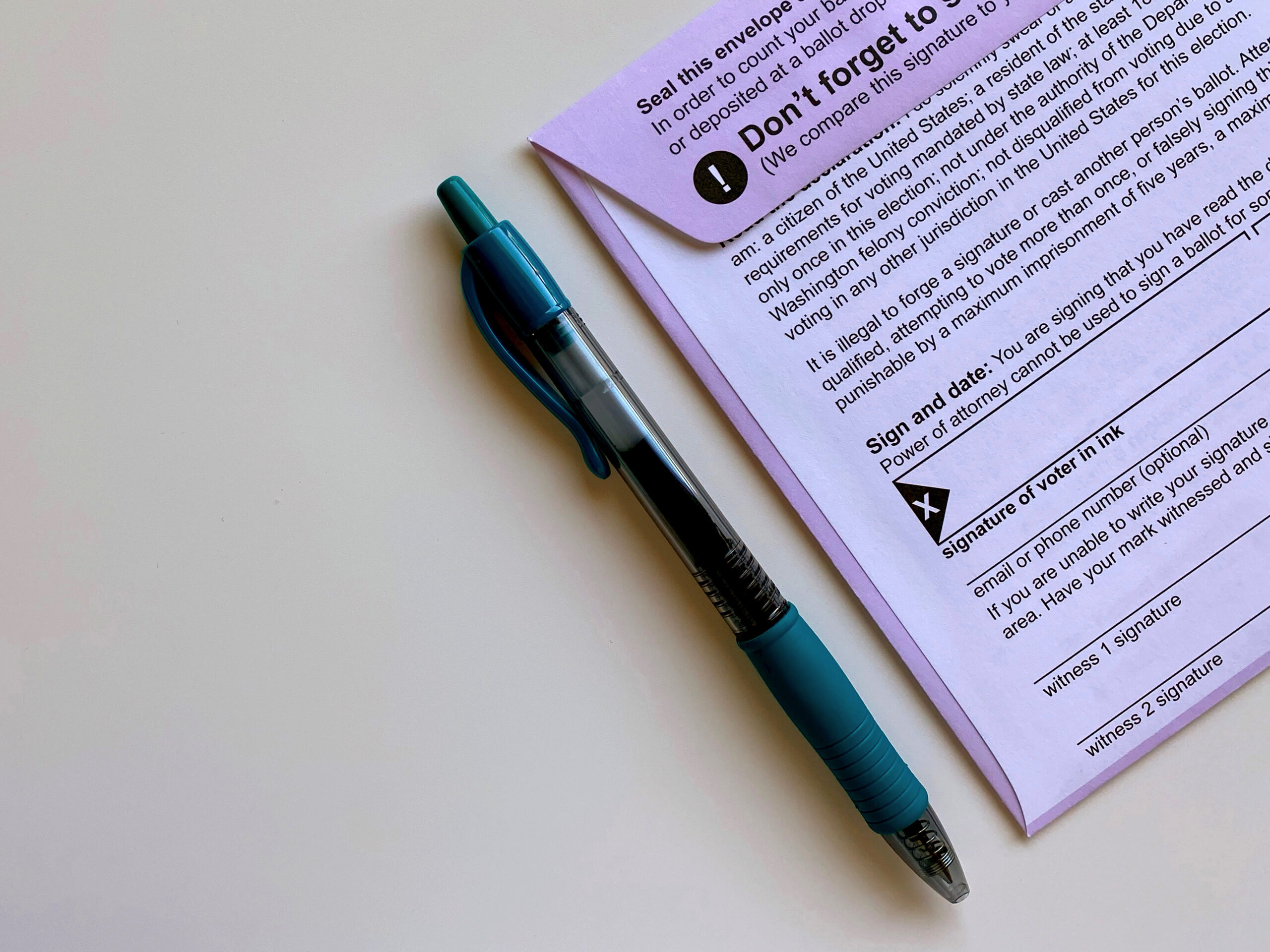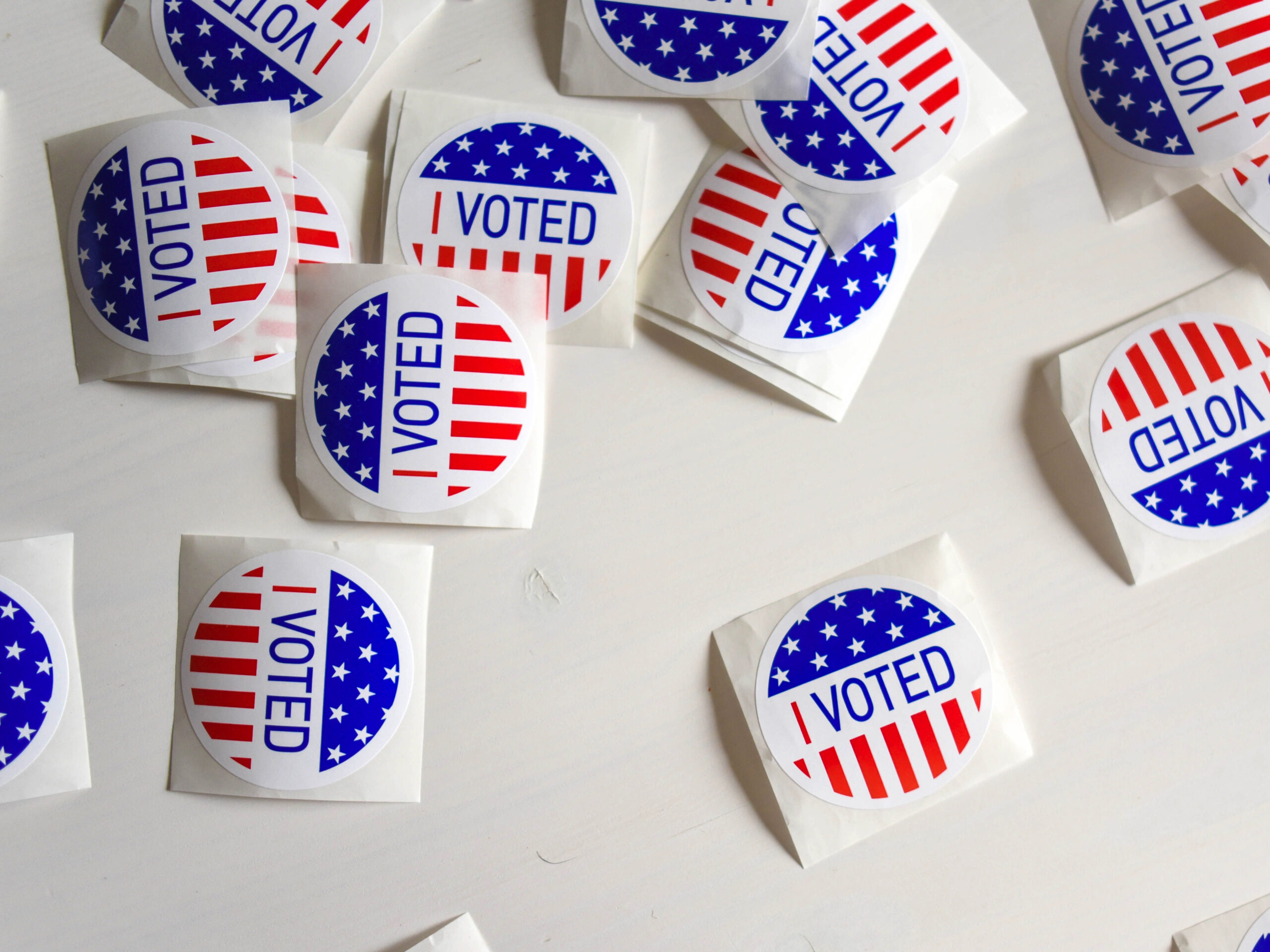Democracy depends on equal voter access
“And here, in this very first paragraph of the Declaration of Independence, is the assertion of the natural right of all to the ballot; for how can ‘the consent of the governed’ be given, if the right to vote be denied.”
Susan B. Anthony, 1872
Quakers emphasize that each individual has worth, dignity, freedom and responsibility before God. We are convinced by our faith and experience to look for that of God in every person. For purposes of good government, that translates into our belief in an electoral system where each citizen’s voice deserves to be heard, where each citizen’s vote deserves to count equally, and where all citizens deserve equal access to the ballot.
IFCL advocates for electoral processes in which all can participate, resulting in elected officials who truly represent each of us.
Our state can live up to its potential only if it ensures a fair and transparent electoral process, curbs the influence of special interests and money, secures the integrity of the voting process without erecting unnecessary barriers to voting, and promotes full participation by all people.
Voting is fundamental to our system of democratic self-government. For Quakers, a democratic system in which each citizen’s voice is heard and each citizen’s vote counts equally is rooted in the Quaker testimony of equality. It is out of this testimony that IFCL opposes gerrymandering and advocates for redistricting reform, because with gerrymandered electoral districts people do not feel effectively represented, they are reduced from participants in their own government to at best petitioners, and they too often simply opt out. And it is out of this testimony that IFCL opposes any policy or legislation that amounts to voter suppression.
The other motivation to work for electoral reform rises from the Quaker testimony of community. Quakers have a long history of effort to promote the politics of conciliation. No community can prosper where one voice always carries the day on every issue, or where other voices are silenced. IFCL believes that the best representation, governance and legislation are achieved when all voices are heard on an issue. We try when we can to be one such voice. We are not concerned with one political party or another’s chances of winning elections or holding onto power, as much as we are that political power be more equally shared. With “divided government,” compromise becomes necessary. Members have to sit down with each other, talk through an issue, and work it out. And as a result of compromise, everyone with a stake feels that they were heard and that they came away with something.
None of this happens with a supermajority at the Statehouse. But, based on recent statewide election voting data, Indiana isn’t really a supermajority state; our redistricting system just makes it so, and compromise is a casualty.
IFCL believes Hoosiers deserve better representation: all of us would be better served by electoral processes that are fairer, more open, and more transparent, yielding truly representative government in our state and in Washington, D.C.


